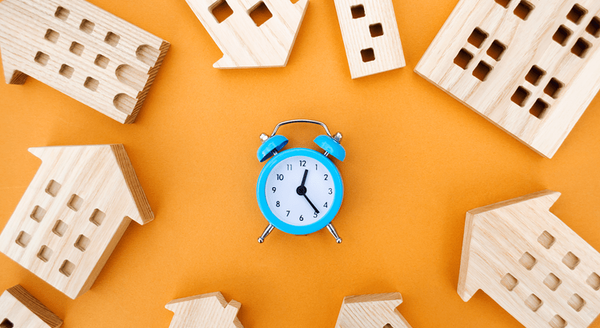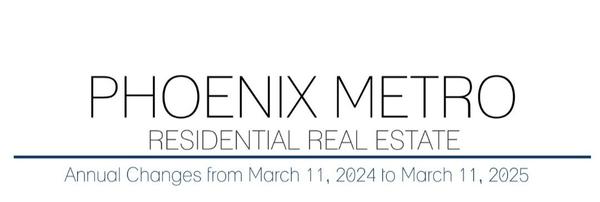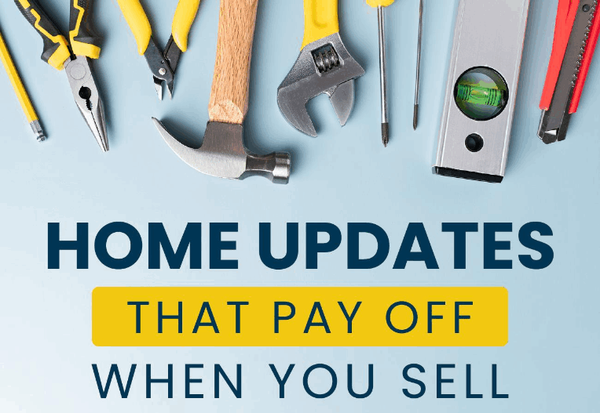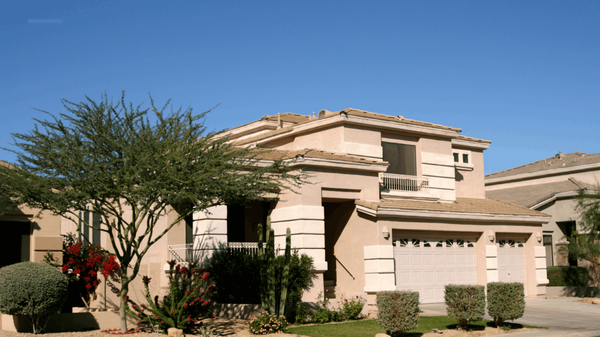
Why Buying Now May Be Worth It in the Long Run
Should you buy a home now or should you wait? That’s a question a lot of people have these days. And while what’s right for you is going to depend on a lot of different factors, here’s something you’ll want to consider as you make your decision.As soon as you buy, you’ll start gaining equity. And yo
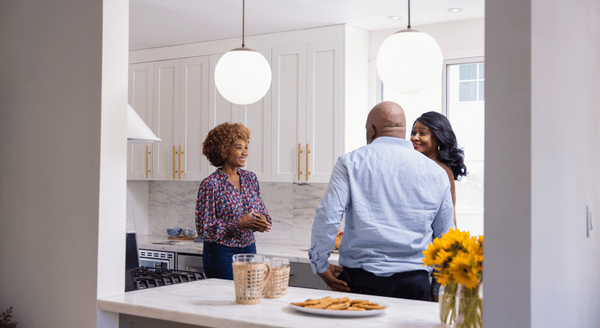
The Best Time To Buy a Home This Year
A shift is underway in the housing market this season. And if you’ve been sitting on the sidelines waiting for the right moment to jump back into your homebuying search, this is a great time to do it. That’s because the best week to buy a home this year is just around the corner. Your sweet spot is
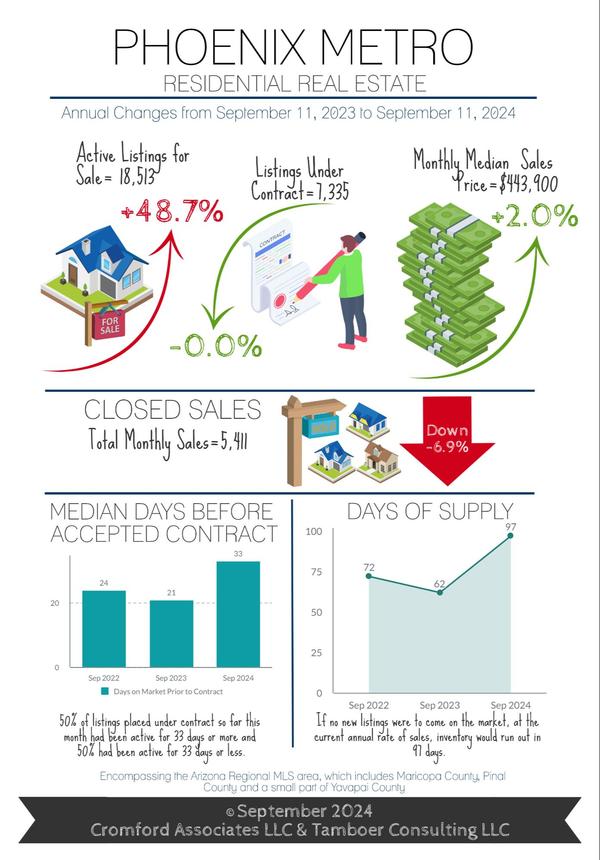
Buyers: Recessions are Good for Most Home Buyers, Sellers Get Off the Fence as Mortgage Rates Continue to Drop
The real estate market has been nothing short of, well, just plain weird in the last month. Inventory has crept up, but Buyers are still sitting on the sidelines waiting for the perfect rate. Media talk of recession has many spooked, but a recession of any magnitude can be an opportunity for buye
Recent Posts


